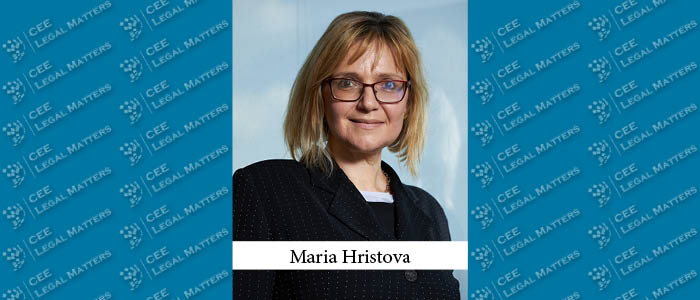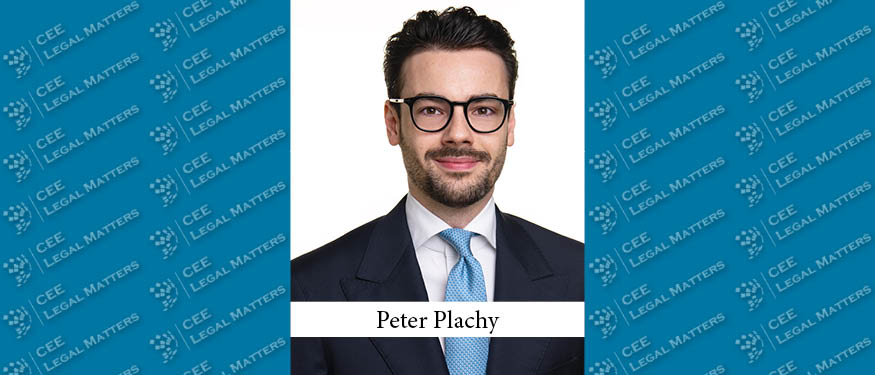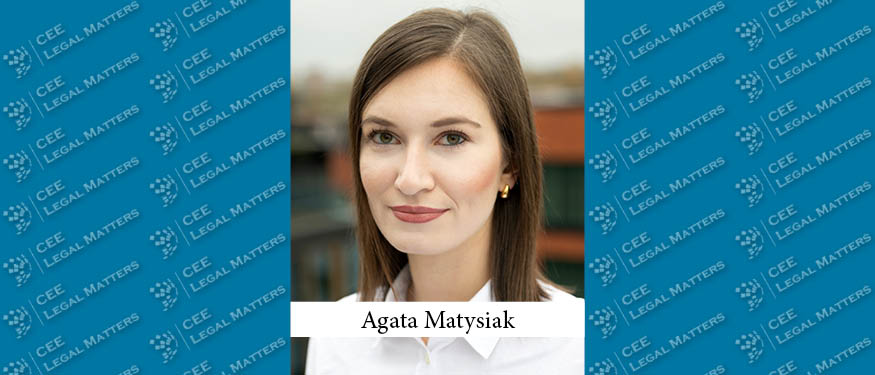Cryptocurrency has been gaining momentum in the recent decade all over the world, including Bulgaria. On one hand, the development of block chain technology and the wide spreading digitalisation in almost every sphere of human life reasonably produced new revolutionary payment means along with the traditional good old money. On the other hand, cryptocurrency rapidly became a symbol of freedom as not being issued and accepted by any central bank or credit institution as well as being easily accessible via Internet literally by every person.
All EU members are expecting the entry into force in December 2024 of the Markets in Crypto-Assets Regulation (MiCA) – the first major jurisdiction worldwide to provide a comprehensive framework for the crypto sector and facilitate legal certainty for businesses and individual users of the alternative to fiat money.
Even not regulated so far cryptocurrency may be used upon mutual consent of the parties in various transactions including for acquisition of real estate and other assets and even as renumeration for work done and delivered services. Although virtual and not intangible, as cryptocurrency is an asset with value measured in money, it shall be part of the property of its owner and subject to foreclosure in case of absence of voluntary payment by the debtor together with real estate, movables, and receivables from third parties including bank account with a positive balance.
The Bulgarian legislation does not provide for specific rules regarding foreclosure over cryptocurrency, however, the general rules of the Code on Civil Procedures may apply accordingly.
The major issue in potential execution proceedings appears be how to find and access the debtor’s crypto assets because their nature excludes the existence of an ownership registry. The transfers of Bitcoins, the most popular cryptocurrency, are untraceable and the identities of wallet holders are always confidential. However, the creditor may know for sure that the debtor has purchased Bitcoins and request from the bailiff to seize them.
The Bitcoins seizure may be accomplished through a ban of the access to the digital wallet keeping them: the attachment is placed by the bailiff through official notifications, specifying the attached assets, to the debtor and the third party keeping the Bitcoins (the exchange company offering the wallet services). Once notified on the attachment, the debtor shall not be entitled to dispose of the Bitcoins and amend, change, or destroy them as otherwise may even be criminally charged. On the other side, the company providing the wallet services shall ban the access of the debtor to the wallet and prevent trading as the private key of the wallet in which the Bitcoins are kept is known only to the exchange.
Like the case when the creditor does not know the banks where the debtor has accounts and а positive balance and thus, notifies through the bailiff all banks operating on the territory of Bulgaria, in case of Bitcoins seizure the creditor will request the notification of various exchange companies with the hope of hitting the company the debtor operated with. Information on such companies can be found in the public register pursuant to the AML Law of persons providing services for exchange of digital currencies and wallet services. Once the notification has been finalised, the exchange company shall block the operation of the attached user and keep the Bitcoins in favour of the executing creditor. The exchange company is obliged by law to cooperate with the bailiff and comply with its orders providing the requested information and imposing restrictions. Otherwise, it may be fined and even criminally charged.
If the cryptocurrency is kept by the debtor, who is the only person knowing the private key and, therefore, is the owner of the wallet, then the creditor will ask the bailiff to seize the assets located at the debtor’s home and in other places belonging to him, with the hope of finding the private key of the wallet if not voluntarily disclosed by the debtor.
In this situation, the debtor may not cooperate to avoid seeing his Bitcoins confiscated. However, the bailiff should have warned the debtor of the criminal consequences of such eventual behaviour, so the debtor should better deliver the private key of the wallet without delays.
Once the bailiff acquires the private key of the cryptocurrency, a public auction shall be organised in accordance with the rules regarding real estate assets as the most stringent type of auction guaranteeing higher prices reached. The highest bidder shall receive the private key and the creditor will be satisfied with the collected amount of money.
Although respectively applicable to cryptocurrency foreclosure, the current Bulgarian legislation shall be amended to properly address the specifics especially the issues related to the discovery and seizure of the private key and the wallet considering the international experience in the matter.
By Maria Hristova, Partner, Mikov Attorneys
















